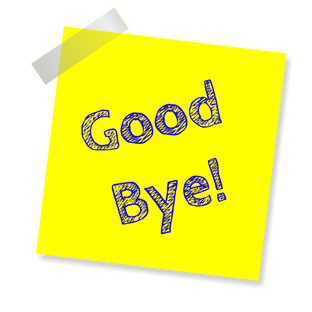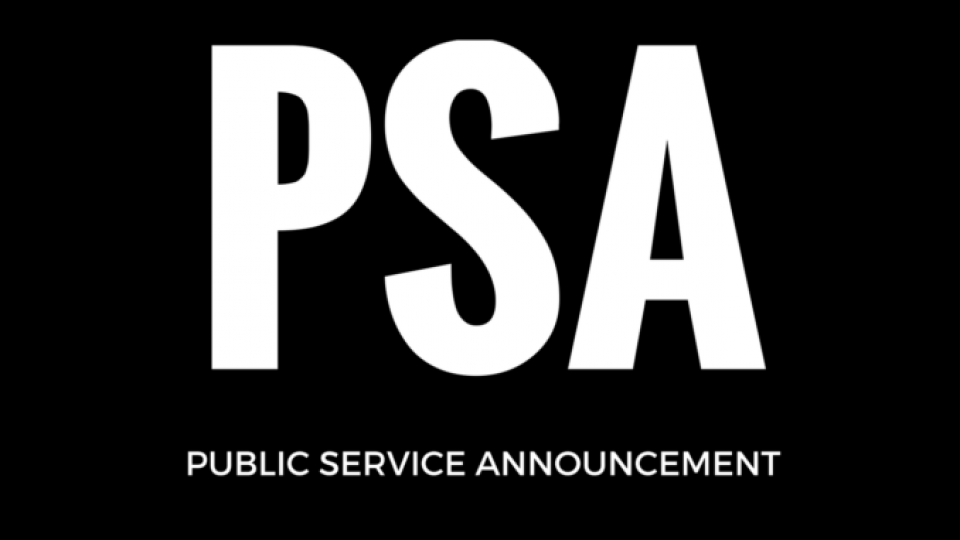 In my last article, I covered "5 Tips for Selecting Your Next Cleaner". I lay out an analytical and emotional approach to selecting the right cleaning service for your home or office. But what if you have a cleaning service now and they don't exactly meet the criteria of a legit company or they're not COVID prepared & educated? Don't fret! I have this follow-up article for you on how to break up with your current cleaner. First off, let me make this disclaimer. I don't want any cleaning service to lose their job. We are not competitive with each other as most of us in the industry realize that there are way more houses and offices than cleaning companies. Secondly, if you're happy with your cleaning service, please ignore this advice!
2 Comments
I was asked by cleaning industry leaders to give a state of our industry talk on a virtual summit. I completed the talk today and thought some of the takeaways would be useful for my own community.
COVID-19 has raised the bar in our industry. Prior to COVID, the typical house or office cleaner had no governing body to report to other than the Departments of Labor and Taxation. There was also no formal licensing requirement in our state, nor was there an obligation for cleaning providers to be insured against liability. Cleaners had the right and freedom to self-select their own standards of excellence. Thus, the industry has been flooded with uninsured, unskilled, and unprotected cleaners. During COVID, the Department of Health and Governor Wolf threw their hats in the game by qualifying our industry as "essential" under personal services to home and small business owners. By allowing our industry to operate when others could not, a microscope was placed on each of us. The post-COVID client is ultra concerned about germs and containing them. They want to minimize the spread of the virus and other pathogens. They want cleaning companies that are fully insured, fully protected, and implementing a COVID-19 disinfecting protocol. Therefore, the leaders in my industry believe that cleaning company owners will start making the shift from teams to solo cleaners in your homes and offices. This is a WIN-WIN for the client and the company. The company achieves more efficiency and higher profits with solo cleaners for their clients. They are also providing safety measures to protect their cleaners and train them in the science of cleaning & disinfecting to better service their clients. The clients get the same single cleaner in their home EVERY time. They will never wonder who will clean, how many cleaners will be in their home or office, where they've been, and who they've been in contact since the last visit. As you bring your cleaning services back to your homes and offices or as you screen companies to hire, please keep these trends in mind. The government is still NOT regulating us. However, there will be many companies reported and I personally believe that many of the cleaners I mentioned above with low standards of excellence and safety will be shaken out. This is a good thing as it gives you, the consumer, more trust when you search for a cleaning service to know that if they're still standing, they've probably fought to do so. I operate my company, Carfagno Cleaning Incorporated, as a solo (or single cleaner). My COVID-19 Disinfecting Protocol is outlined on my website. As always, feel free to email me if you have any questions on the cleaning industry or have questions about your specific cleaning need. I've been teaching a series on cleaning science these past 4 newsletters. Last week, I gave some examples of how to think through the cleaning of soap scum and glass etching in showers. This week, we're going to share my biggest secrets... "Ken, how do you get the kitchen sink so clean?"
Tarnish on Stainless Steel – This is formed through chemistry (oxidation and mineral ions in hard water). The tarnish layer is acidic and requires only A & C to clean. You need a product like Bar Keeper’s Friend™, which has an acidic pH of 1.5 to 2.5. It eats the tarnish instantly, thus temperature and time are not relevant. With the soft part of a sponge or cloth, you can use light agitation to remove the tarnish. For stubbornly tarnished sinks, use more product and more agitation like a scrub pad or light steel wool. Discoloration on White Ceramic or Stone-Based Sinks – These surfaces are very porous and react with food and the metal in wet silverware. The reaction that occurs discolors the white to a yellow, blue, or orange (rust) color. The most effective solution requires C & T. Use a heavy alkaline like ammonia or bleach with a pH of 11-13. Allow the chemistry to work with a 2-5 minute dwell time (from experience). The stronger the alkaline, the less time is needed. Now that you understand what dirt is and how to suspend it with TACT, let's cover some common usages of this TACT formula. Everyone asks me about soap scum and spots on shower glass. Let's dive into those today!
SOAP SCUM ON SHOWER WALLS - Soap scum is a substance chemically formed when the calcium & magnesium ions in hard water mixes with the fatty acids from the soap and dirt & oils from the body. It is carried in the steam to the walls and settles in the tub. Once cooled, it hardens and over time it layers. Soap scum has a slightly basic pH. You will need all 4 dials to effectively clean soap scum. Spray an acidic multipurpose cleaner onto the surface and allow to dwell to the product instructions. Then use agitation and hot water to complete the suspension to clean it. Scrub through the dirt. You can feel when the surface is clean. Your cleaning tool starts to glide. Then rinse with hot water. HARD WATER ON GLASS SHOWER DOORS – “Etching” is a chemical process or erosion on a porous surface. It happens most commonly on glass shower doors. The hard water droplets have TACT. The pH of the hard water is acidic. Over time, they erode the surface of the glass and harden beneath the surface. You can clean the water spots off the glass surface with T, A, C & T, but the spots in the valleys of the etched glass are very difficult to clean. Once a glass shower door is etched, by definition, it is ruined. Teach your clients & prospects how vital it is to squeegee the droplets off the glass EVERY time, otherwise be prepared to budget for new doors every 5-10 years. This solution is education-based and impresses them. |
Categories
All
Archives
April 2024
|
1,000 Smiling Faces every Monday Morning in the Professional, Financial, and Medical Office Spaces We Clean in the Indian Valley!
© 2023 CARFAGNO COMMERCIAL CLEANING

